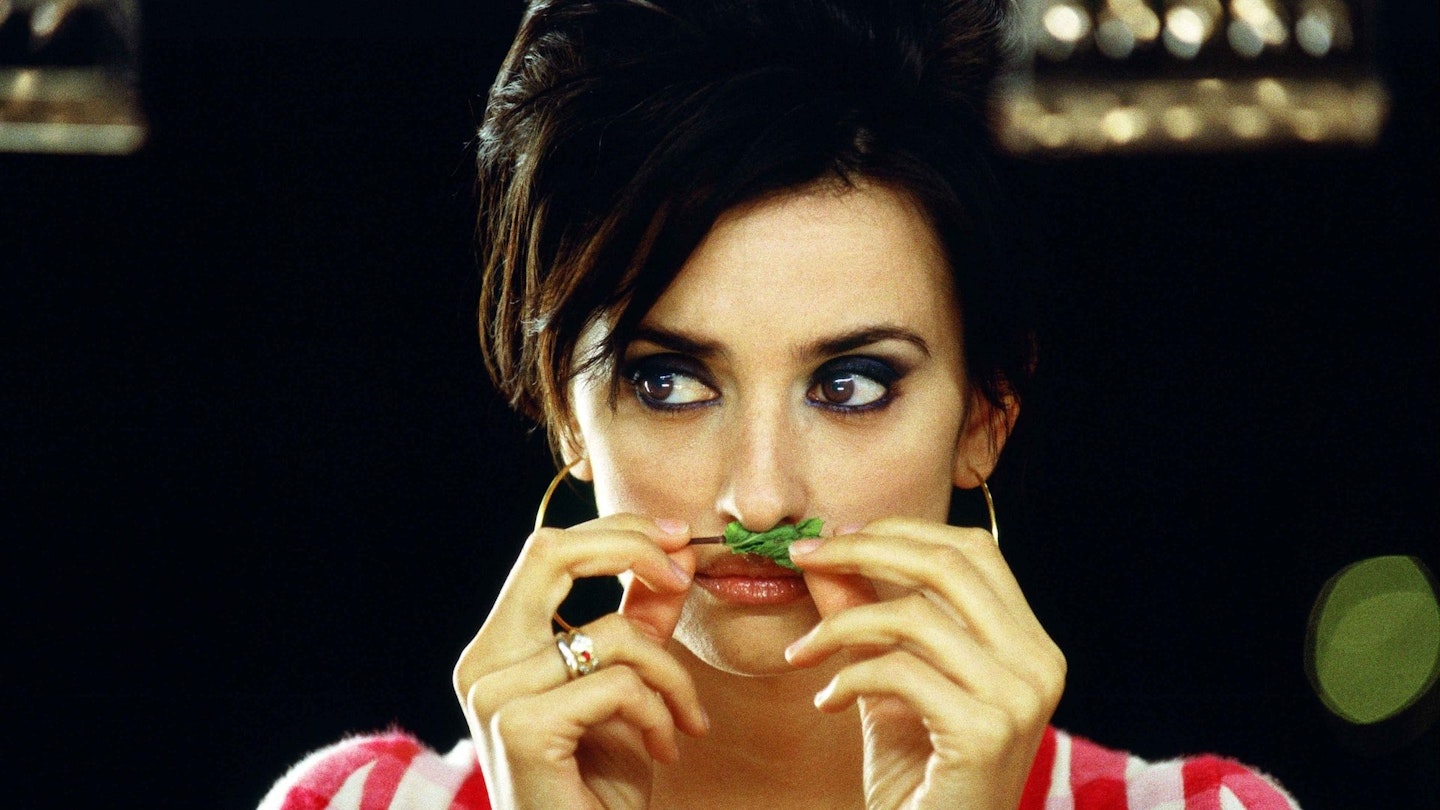It might seem odd that a country as steeped in machismo as Spain has produced Volver (pronounced “boll-bear”), for there has rarely been a film so very female. After the dark and largely male Bad Education, however, Almodóvar has returned to his usual preoccupation with the fairer sex, and he’s rarely been on better form.
While Hollywood casts its leading ladies in roles that could as easily go to men — spies, action heroines, scientists — or in soppy chick flicks, Almodóvar’s women are faced with peculiarly female dilemmas. From the opening credits, as the camera pans across a small-town cemetery where widows and daughters kneel, polishing the tombs of their dearly departed, there is no moment or plot strand that would work with a male protagonist. The story starts with a sexual assault, a brutal act of violence and the cover-up which follows it, but we are less concerned here with crime and punishment than the relationships between mothers and daughters, sisters and friends.
Penélope Cruz gives a startlingly good turn as put-upon housewife and breadwinner Raimunda. Despite wearing push-up bras that put Erin Brockovich to shame, she is a defiantly unsexual character, rejecting her husband’s advances and ignoring a suitor altogether. Her discontent with her lot in life is palpable in every brisk movement, and it’s clear she’s driving her own daughter away from her just as her mother once alienated her. Without saying too much about the delicate, intricate plot, the central theme is that of Raimunda’s efforts to avoid repeating the mistakes of the past, and her mother’s efforts to atone for them.
That past is represented by Almodóvar’s ’80s muse Carmen Maura, aged beyond all recognition as the ghostly figure of Irene, secretly returned to her daughters three years after her death. She’s an impish figure, often threatening to give her presence away with giggles or farting, but there’s a dark, solid core to her character that stops her performance ever degenerating into farce.
While there’s a leisurely middle section in modern-day Madrid, the heart and soul of the story takes place in a small, windy town in La Mancha that seems stuck in a time warp. For those scenes, Almodóvar abandons his usual primary palette for a muted colour scheme, glorying in the black dresses of the widows, the whitewashed walls and the faded Franco-era apron prints. The wide open spaces around the town do nothing to combat the intense feeling of claustrophobia in its thick-walled houses, but reinforce the ultimately positive message, that there is freedom out there if only our heroines can reach for it.

